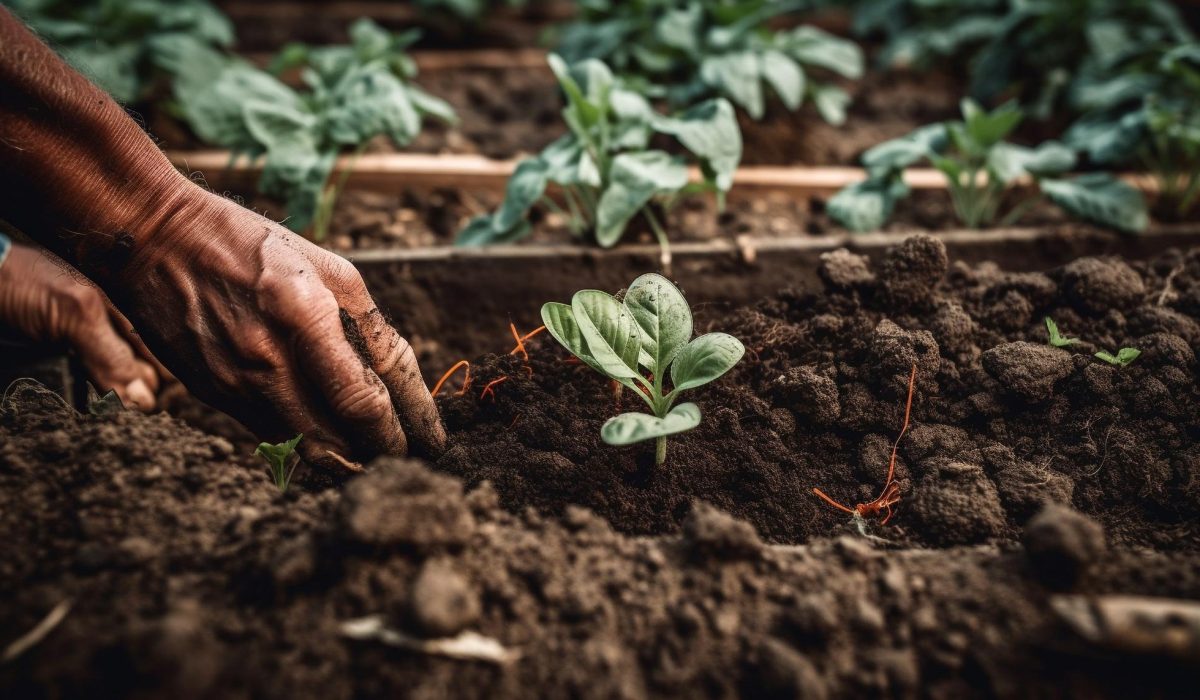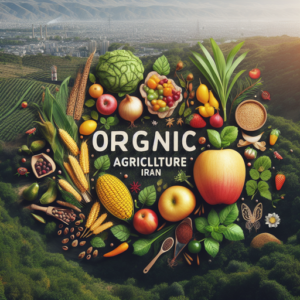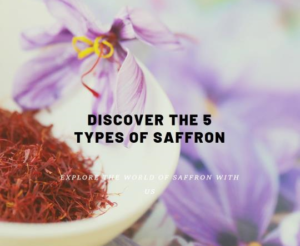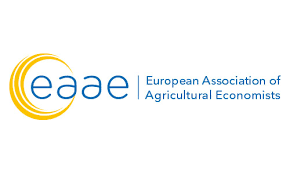Organic farming is a sustainable agricultural system that utilizes ecological methods and the use of biological fertilizers to control pests. These fertilizers are mainly produced from animal and plant waste and help fix nitrogen. Organic agricultural products have the least impact on the environment and have been developed as a response to environmental problems caused by the use of chemicals in conventional agriculture. The use of pesticides and synthetic fertilizers in organic farming improves environmental conditions and brings numerous benefits.
Currently, a large number of people have turned to organic farming and are embracing it. They care about health issues and environmental conservation and are interested in having new culinary experiences.
Choosing organic farming leads to high hopes for comfort, environmental improvement, and food diversity. One of the advantages of organic farming is the higher nutritional value compared to foods with chemical additives.
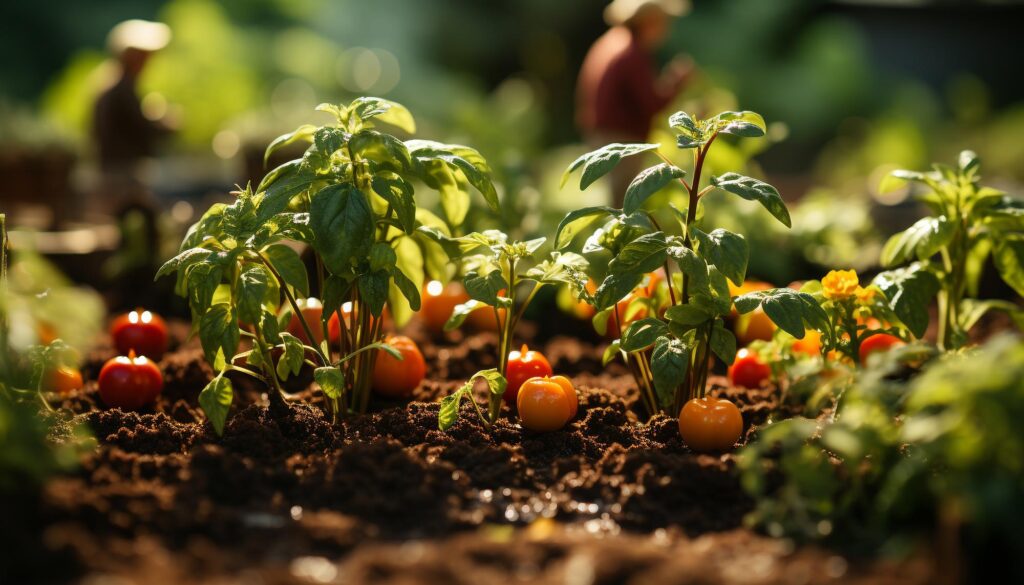
Why organic products?
Organic farming grows naturally and without the use of synthetic fertilizers. Some people simply enjoy trying new and diverse products. The taste and quality of the product, environmental concerns, and a desire to avoid consuming genetically modified foods are among other reasons that some consumers express for buying organic food products.
What are organic plants?
What is organic farming?
Organic farming is a method of agriculture in which crops are grown without the use of synthetic chemicals such as fertilizers, insecticides, and pesticides. Instead, natural materials like organic fertilizers (such as animal manure and compost), biological pest control, optimized irrigation, and soil conservation are used.
The primary goal of organic farming is to preserve soil health, public health, and biodiversity. This method of farming strives to prevent environmental pollution and the harmful effects of chemical substances on biodiversity and human health.
Consumers can directly benefit from the health and nutritional advantages of organic products as they provide the richest natural foods. Additionally, organic farming contributes to environmental conservation and offers farmers more sustainable, economical, and socially responsible approaches
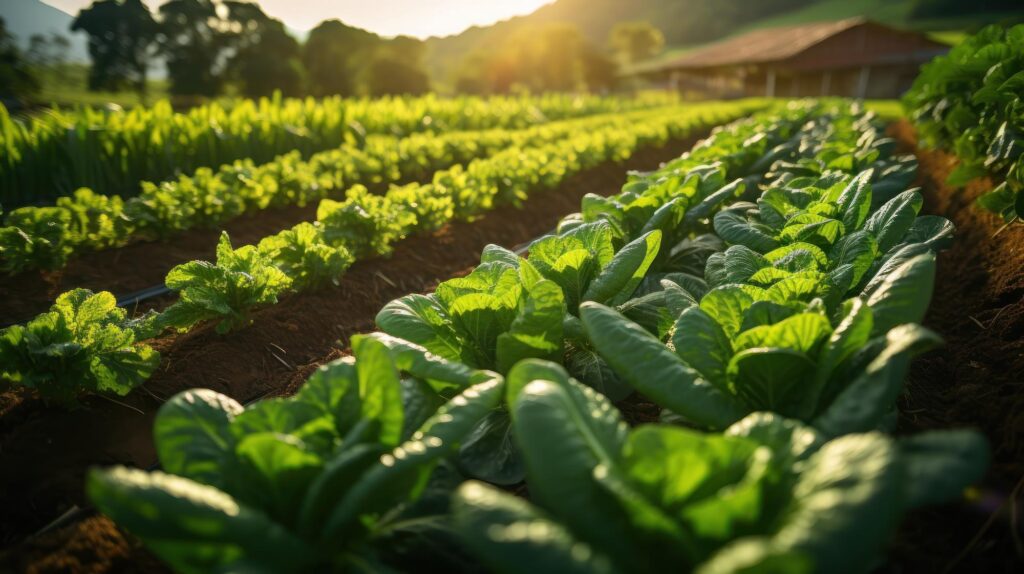
Principles of organic farming
Organic farming methods adhere to four fundamental principles that reflect their nature: health, environment, fairness, and care. These principles are not separate from each other; instead, they are interconnected and reinforce one another. For example, the pesticides used in organic agriculture protect the ecosystem and do not create side effects for living organisms, but instead enhance health.
These principles of organic farming apply to all stages of the agricultural process, including production, processing, delivery, storage, and consumption. In these methods, no prohibited additives are added to the product, and all materials used must be natural and non-harmful.
The general principles of organic farming include the following:
- Protecting the environment, reducing soil degradation and erosion, reducing pollution, improving biological productivity, and improving health.
- By improving the conditions for biological activity in the soil, you can permanently maintain soil fertility.
- Conservation of biodiversity
- Recycling of materials and resources
organic farming methods
Crop rotation
Crop rotation refers to a method of planning and organizing cultivation in agriculture, in which different species and crops are sequentially placed in agricultural lands. The aim of this method is to reduce the specific chemical, physical, and biological factors that may harm the soil. Crop rotation is used to increase soil fertility, control pests and diseases, and improve agricultural performance.
Cover Cropping
Cover cropping in organic agriculture refers to a technique where cover plants are grown before or after the main crop harvest in the cultivation field. The primary goal of this method is soil preservation and improvement.
With cover cropping, the soil is protected from wind and water attacks, such as soil erosion and excessive moisture. Additionally, the growth of weeds is effectively controlled, which could otherwise compete with the main crop. These cover plants, due to their deep connection with the soil, efficiently utilize and preserve the nutrients present in the soil.
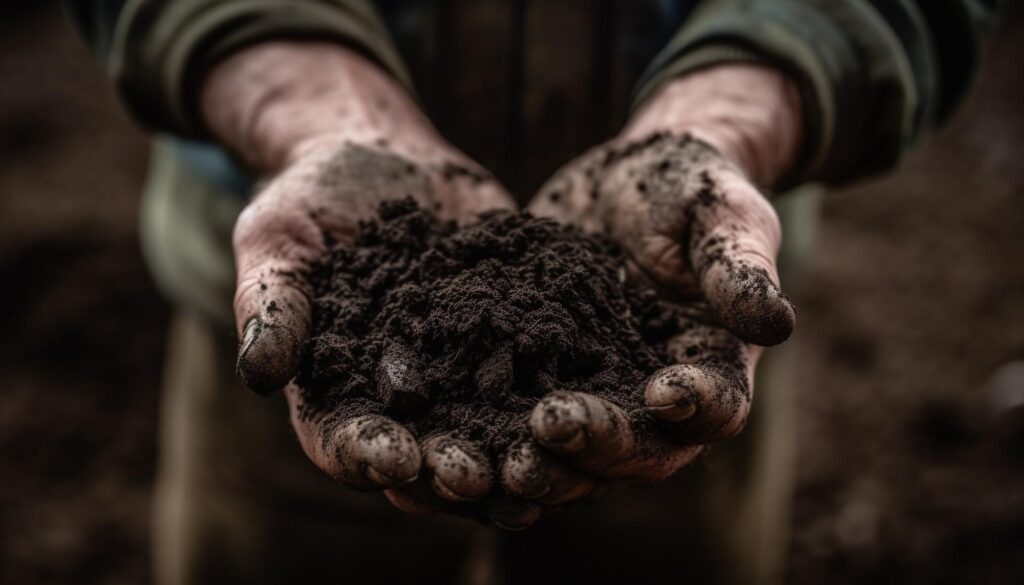
Green Manures
Green fertilizers in organic farming refer to fertilizers that are produced from natural sources and do not involve the use of any synthetic chemicals in their production process.
These fertilizers include animal manure, plant residues, compost, vermicompost, and seaweed fertilizers. They are used to enhance soil fertility and provide nutrients to plants, promoting soil health and productivity through biological soil nourishment.
Additionally, the use of these fertilizers helps prevent environmental pollution and contributes to the preservation of biodiversity and the establishment of balance in the agricultural sector.
Animal Manures
Animal-based fertilizers in organic agriculture are a type of natural fertilizer derived from animal sources, used to enhance soil fertility and nourish plants. These fertilizers typically consist of natural materials from animals, such as manure, animal-based compost, and guano.
The use of animal-based fertilizers in organic farming is of great importance as it provides a conducive environment for healthy and robust plant growth, while aiding in the maintenance of good soil fertility and balance.
Furthermore, the utilization of animal-based fertilizers leads to a reduction in the use of chemical fertilizers and promotes the sustainability of agricultural produce.
Integrated Pest Management
Integrated pest management in organic farming refers to a set of measures and methods used for controlling and managing pests.
This approach involves combining various techniques and methods, including biological control, the use of pest-controlling insects, the use of non-chemical products, and proper timing for pest control. The aim is to reduce threatening pests and control diseases by maintaining a balance among pests and preventing the spread of resistant pests.
This method operates in harmony with the environment and helps preserve land, water resources, and natural resources.
We are proud to announce that MRT Company operates in the field of organic product manufacturing. Our commitment to producing healthy and high-quality products is evident through our process that excludes the use of any pesticides or chemical fertilizers, and follows the principles of organic farming. Our aim is to provide our valued customers with products that not only prioritize their own and their families’ health, but also contribute to environmental preservation and support sustainable agriculture by adhering to high standards and organic criteria
Organic product for export in iran
References

